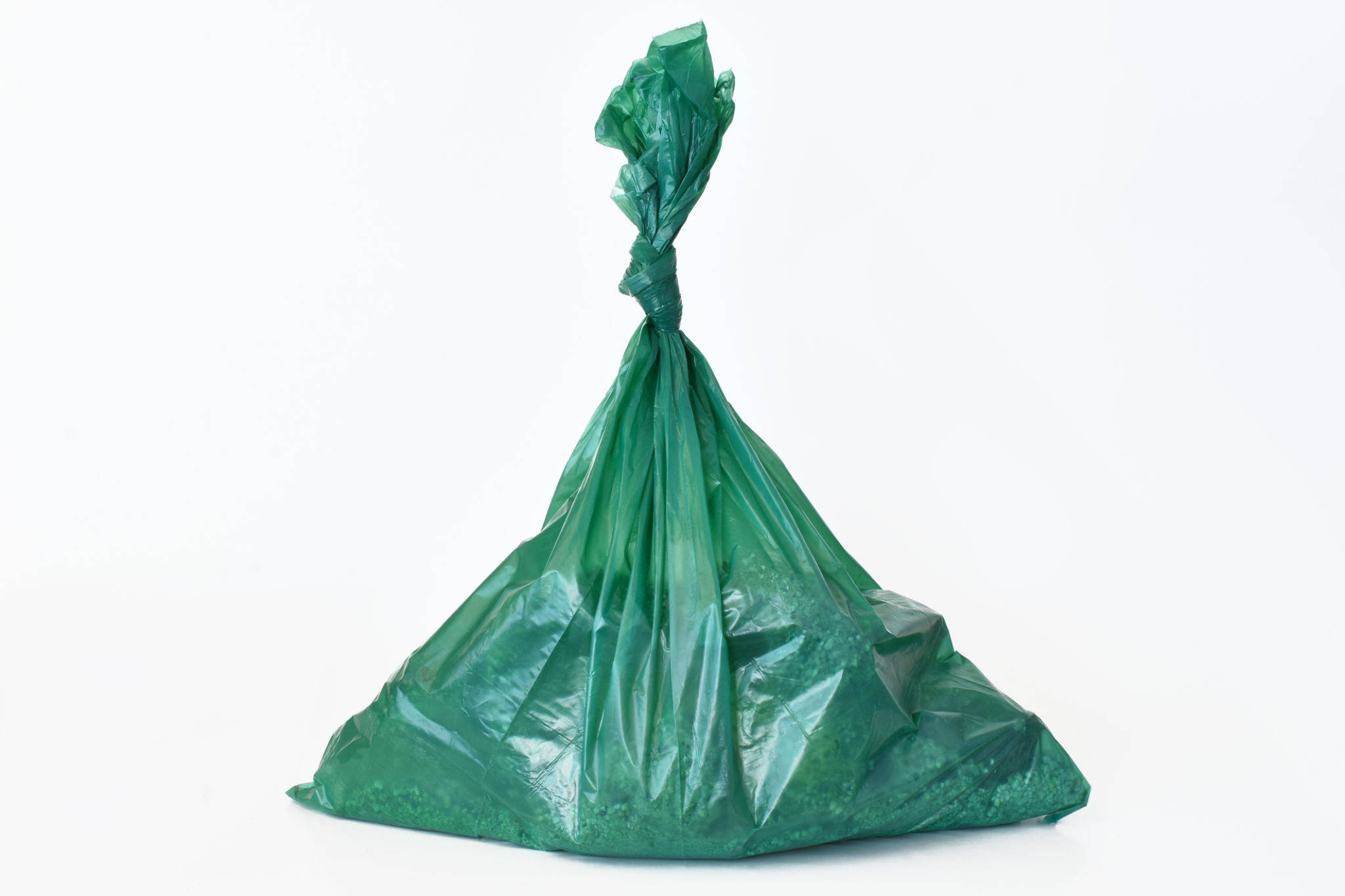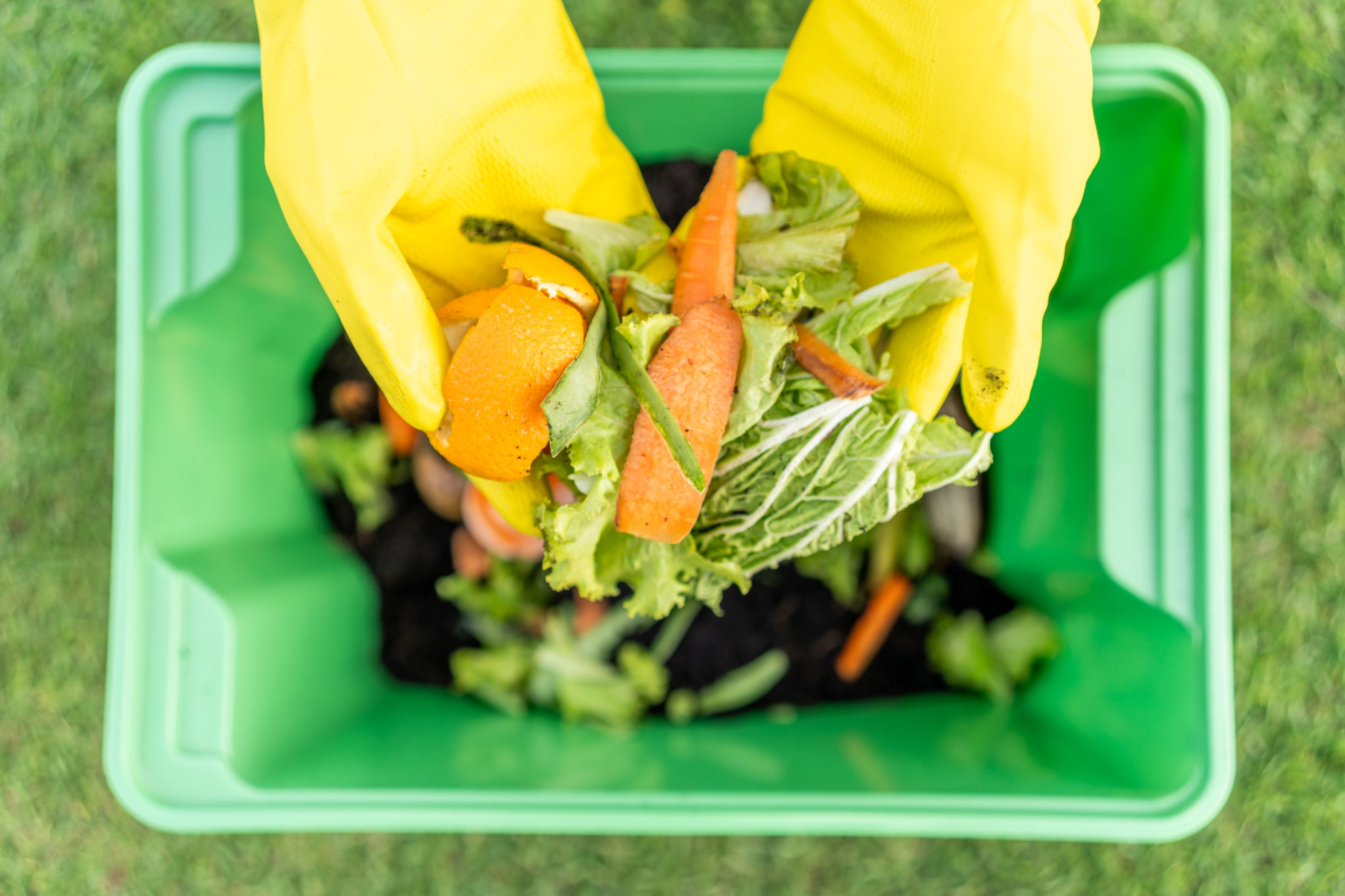Top Misconceptions About Pet Waste Disposal Debunked
AJ
Common Misconceptions About Pet Waste Disposal
When it comes to managing pet waste, many pet owners struggle with misinformation and misconceptions. Proper disposal is crucial not only for the environment but also for public health. In this blog post, we'll debunk some of the top misconceptions surrounding pet waste disposal.

Pet Waste is Natural and Biodegradable
One common misconception is that pet waste is completely natural and will decompose harmlessly. While it's true that pet waste is organic, it doesn't break down as quickly as you might think. In fact, it can take up to a year for pet waste to fully decompose, during which time it can be a source of bacteria and parasites. Unlike wildlife droppings, domesticated pet waste often contains harmful pathogens due to their diet and lifestyle.
Pet Waste is Just Fertilizer
Another myth is that pet waste acts as a natural fertilizer for gardens and lawns. While manure from herbivores like cows is beneficial for plants, waste from carnivorous or omnivorous animals like dogs and cats is not. Pet waste can actually be harmful to plant life due to its acidity and potential to carry diseases. Using it as fertilizer can introduce harmful bacteria and parasites into your garden.

Flushing Pet Waste is Safe
Some people believe that flushing pet waste down the toilet is an environmentally friendly disposal method. However, this practice can lead to plumbing issues and may not be safe for local water treatment systems. Not all municipal systems are equipped to handle pet waste, which can introduce harmful pathogens into water supplies. It's important to check with local authorities before considering this method of disposal.
Pet Waste Bags are Always Biodegradable
Many pet owners use plastic bags to pick up pet waste, assuming they are biodegradable. While some bags are indeed labeled as biodegradable, not all break down as expected. The conditions required for these bags to decompose may not be met in landfills. Opting for compostable bags or exploring alternative eco-friendly disposal methods can significantly reduce environmental impact.

Pet Waste Disposal is Not a Community Issue
Finally, there's a misconception that managing pet waste is solely the responsibility of individual pet owners. In reality, improper disposal affects entire communities. Left unchecked, it can lead to contamination of waterways and public areas, posing health risks to both humans and wildlife. Community awareness and collective action are essential in addressing the issue effectively.
By understanding and addressing these misconceptions, pet owners can take responsible actions that benefit both the environment and public health. Proper disposal methods not only help maintain cleanliness but also protect ecosystems from potential harm caused by untreated pet waste.